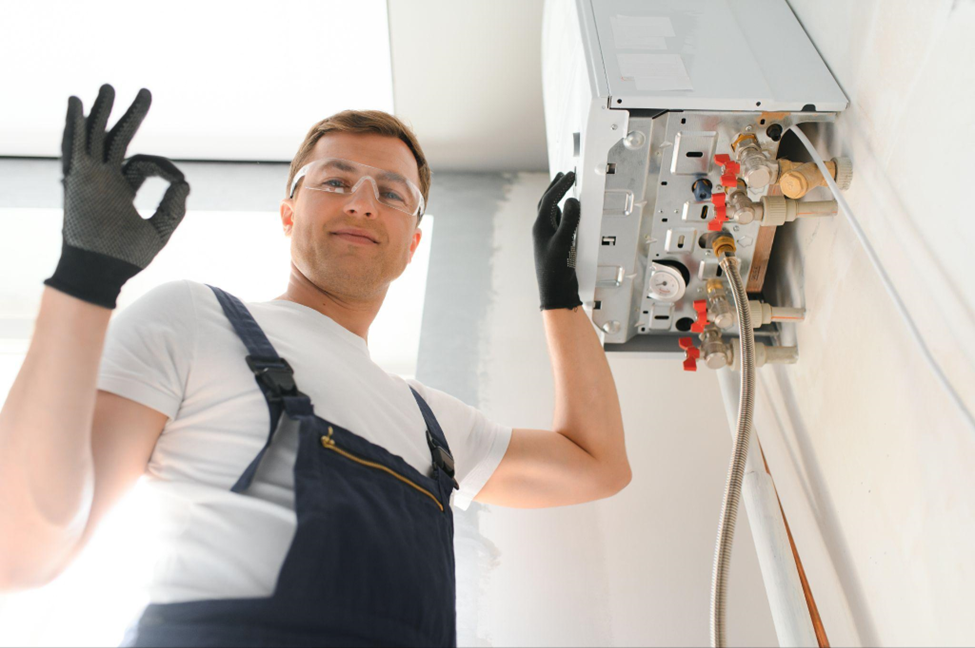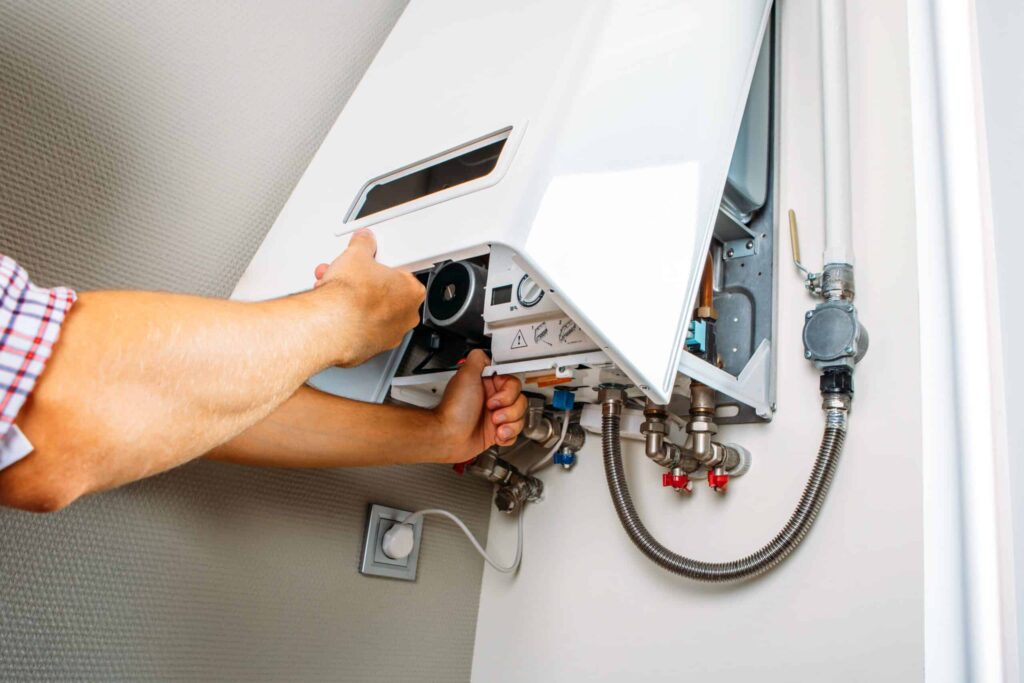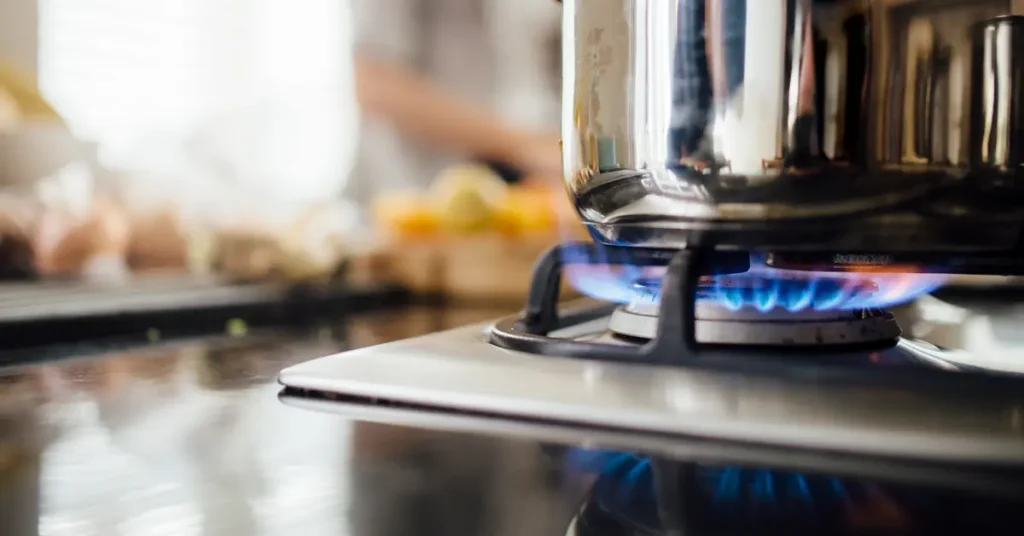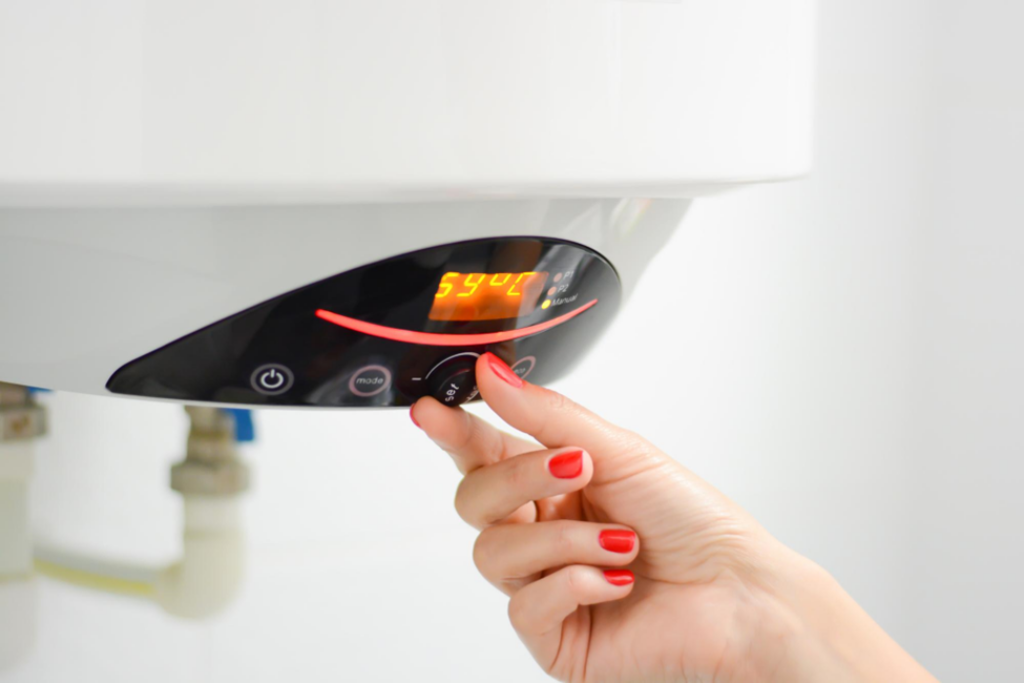
The instant gas hot water system, a necessity in every Australian household, has revolutionized the quintessential home comfort routine with the promise of on-demand hot water. Irrespective of the hour, these units have been auto-magically providing hot water at your desired temperature. But, just as every other machine, this glorified geyser needs regular maintenance to run economically and, most importantly, stand the test of time.
In this comprehensive guide, we will peel back the layers of how to optimize your instant gas hot water system, focusing on preventive maintenance tips for enhancing your gadget’s longevity and efficiency. We shall also provide a spotlight on the common issues with gas hot water systems and elucidate practical solutions.
Table of Contents
Understanding the Basics of Your Instant Gas Hot Water System

Source: zebraplumbing.com.au
First and foremost, you need to understand what lies under the hood of your instant gas hot water system. These instantaneous, or tankless systems as they are called, heat water on demand, eliminating the need to constantly heat a large tank of water and maintain that temperature. The gas burner within the unit fires up the moment you turn on your hot water tap, heating water flowing through the system’s heat exchanger.
Australia offers a vast selection of instant gas hot water systems, such as condensing units that capture and utilize residual heat from exhaust gases, non-condensing versions that are relatively less energy-efficient and tankless coil systems that function as part of your home’s space heating system. Regular upkeep of these systems is essential to ensure that they function at their prime and offer the wearer the dual benefits of energy savings and reduced gas bills.
Catering to Its Cleanliness: Ensuring Your System is Free from Debris and Sediments
A clean system not only operates efficiently but also adds years to the unit’s lifespan. Over time, a system might accumulate debris and sediments including limescale and mineral deposits, especially if you live in a region with hard water. This unwelcome build-up can impact your water heater’s efficiency by making it harder for the unit to heat water.
Simple practices like regular flushing of your system can keep it free of deposits. If you live in a region where hard water is an issue, consider installing a water softener to tackle this problem more effectively. For severe problems, engaging a professional cleaning service for a more advanced system purge might be necessary. Such services might also suggest tank shields or anode rods that prevent rusting and corrosion, furthering the system’s longevity.
Maintaining the Heat Source: Tips for Upkeeping your System’s Gas Burner

Source: nytimes.com
The life force of your instant hot water unit is its gas burner, effectively heating the water you demand. Regardless of your unit’s type, the burner needs a regular check-up. A blocked or dirty burner nozzle, uneven or yellow flame, and a burner that does not light up quickly are signs of attention.
Basic care, including occasional cleaning, ensuring gas supply lines are intact, and keeping the burner free from dust, can prevent common burner issues. If you spot any irregularities or experience continual issues, the prudent route is to seek help from a professional. A well-maintained burner not only conserves energy but also prevents potential hazards.
Regularly Checking System Pressure: An Underlooked but Crucial Aspect
Often fallen through the cracks, regularly checking system pressure is crucial to ensure efficient operation. Optimal pressure ensures water is heated as expected and the system’s integral components perform at their best. Most units incorporate built-in pressure relief valves for safety and performance, making monitoring easier.
If you notice pressure building beyond permissible limits or falling below the required levels, it is a reticule for potential damage. In such instances, ensuring the pressure relief valve is functioning, draining a part of the storage tank, or seeking professional help can prevent catastrophic failures or system breakdowns.
Efficient System Operation: The Role of Thermostatic Control and Timer Settings
Digital technology has given homeowners more control over their instant gas hot water systems. With a thermostatic controller, you can adjust the water temperature to your comfort, preventing hot water burns or energy loss by overheating. The timer function, on the other hand, allows you to schedule heating cycles, making sure your system consumes gas only when it’s necessary.
By cleverly using these functions, you can increase your system’s efficiency and lifespan significantly. However, keep a sharp eye on these functions. If your system overheats the water or does not adhere to the timer settings, seeking instant professional help can save your skin.
Conserving the Ventilation System: Breathe Easy with Proper Exhaust Functionality
Every instant gas hot water system, especially those with combustion processes, will require an effective exhaust system. The exhaust or ventilation system works to remove any combustion by-products and ensure the appliance gets the oxygen it needs to function properly.
Ventilation blockages or leaks can be detrimental. They can lead to inefficient combustion, which in turn can produce carbon monoxide – a dangerous and odorless gas. Given that carbon monoxide poisoning can be fatal, the importance of a well-maintained ventilation system cannot be understated.
Regular maintenance of the ventilation system not only protects you and your family from potential hazards and ensures your water heater functions at its optimal capacity. Remember, while some of these checks can be conducted by homeowners, having a professional inspect your system annually is a wise decision.
By maintaining the integrity of the ventilation system, you can be assured of safer, cleaner, and more efficient operation of your instant gas hot water system.
To conclude, preventive maintenance is the silver bullet for enhancing your instant gas hot water system’s efficiency and longevity. A proactive approach in undertaking routine cleaning, maintaining the heat source, monitoring system pressure, and efficiently using controller settings will save you time, money and help ward off common issues with gas hot water systems. Remember, it is a judicious blend of DIY practices and timely professional support that ensures your hot water system’s prowess. So, wear the hat of a responsible homeowner and make these preventive maintenance practices a part of your lifestyle chore. Your hot water system, in turn, will thank you with years of efficient and effective service.








